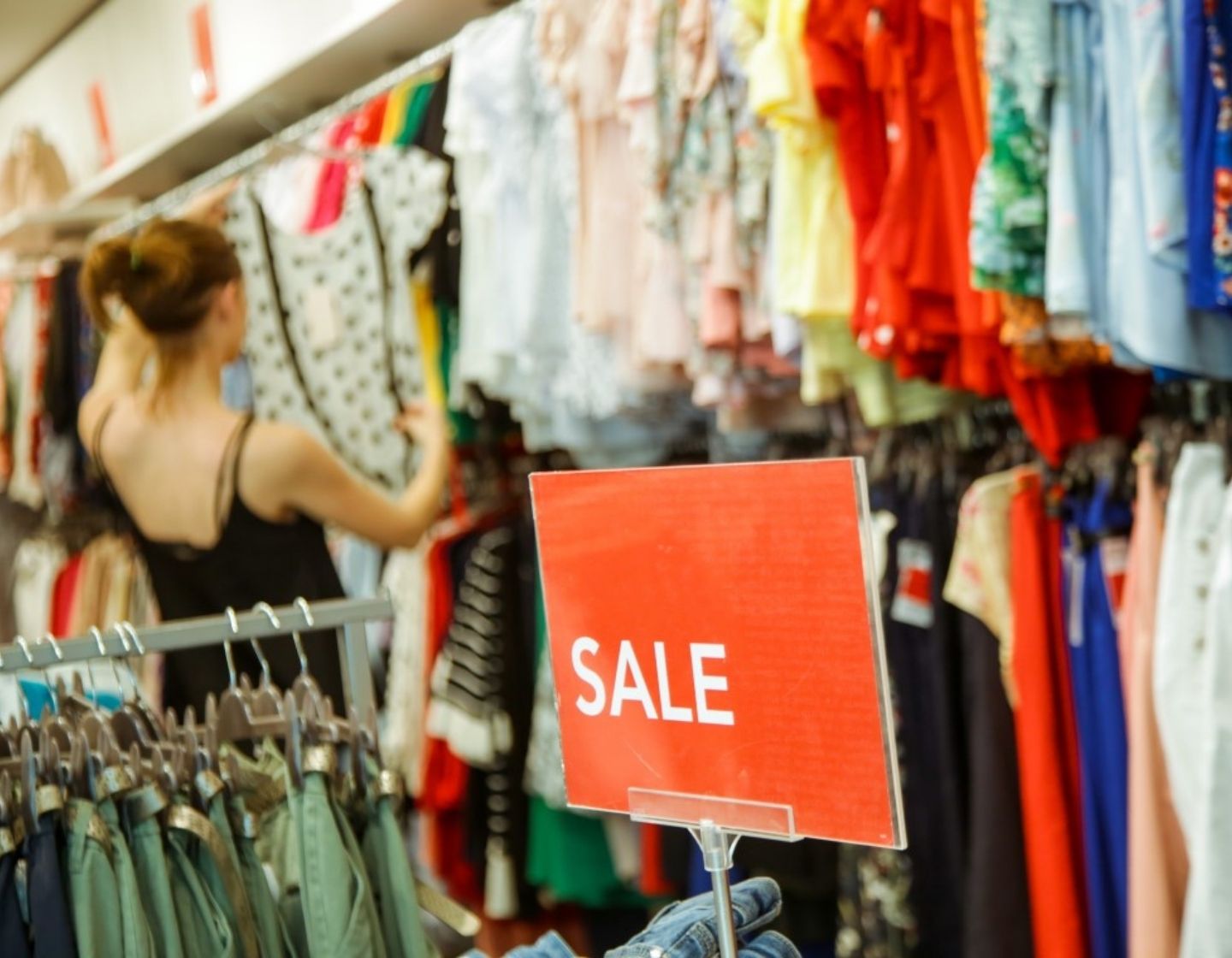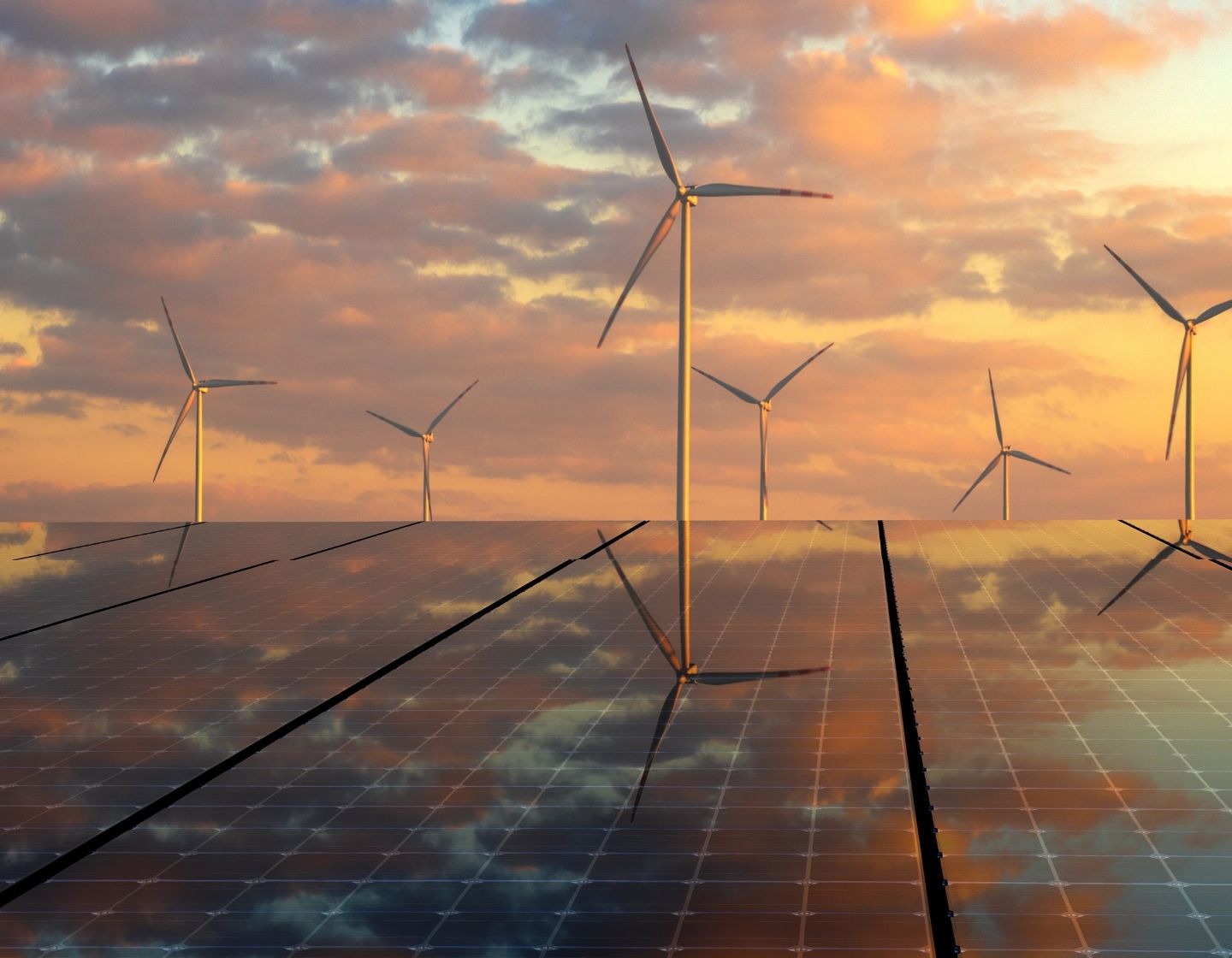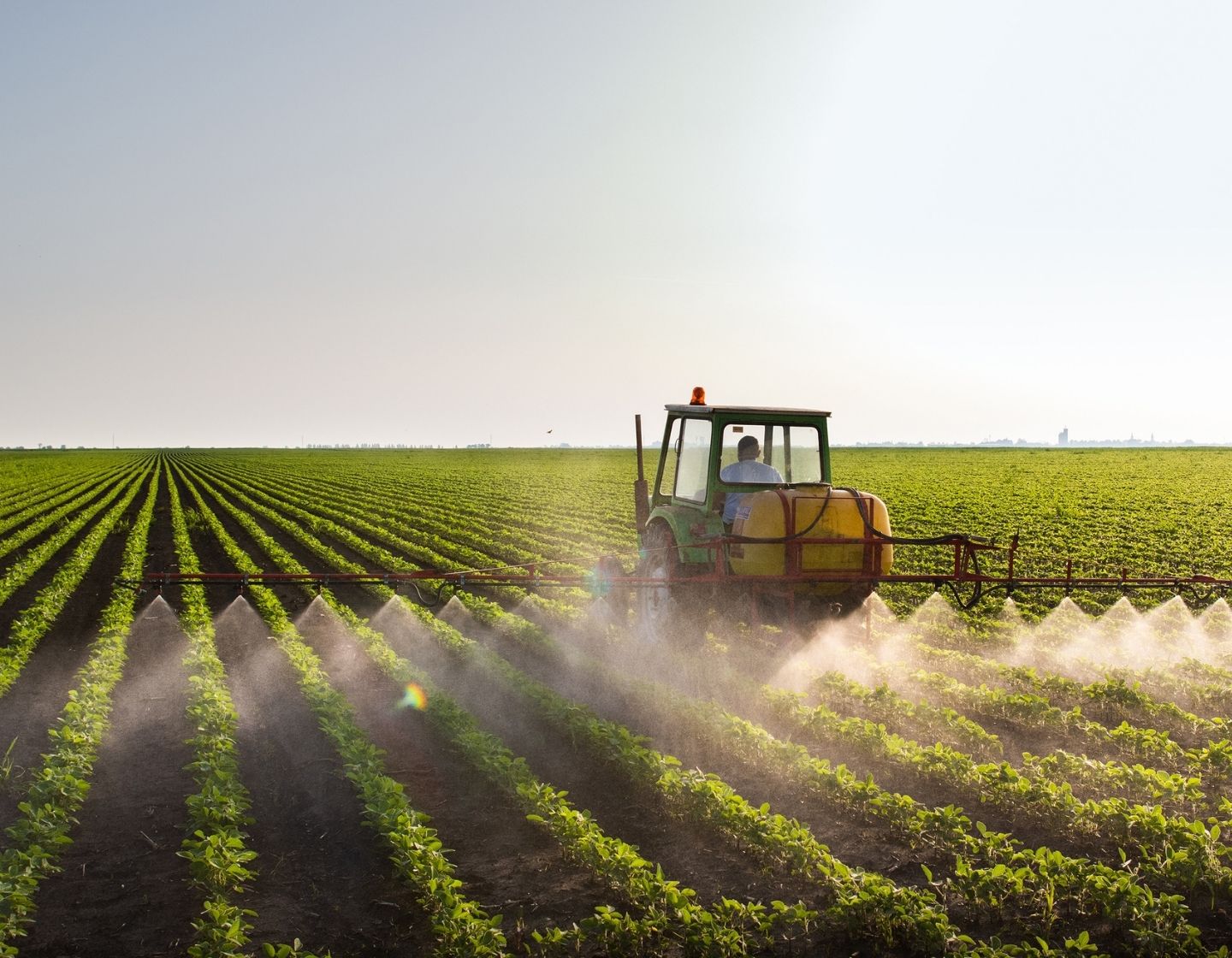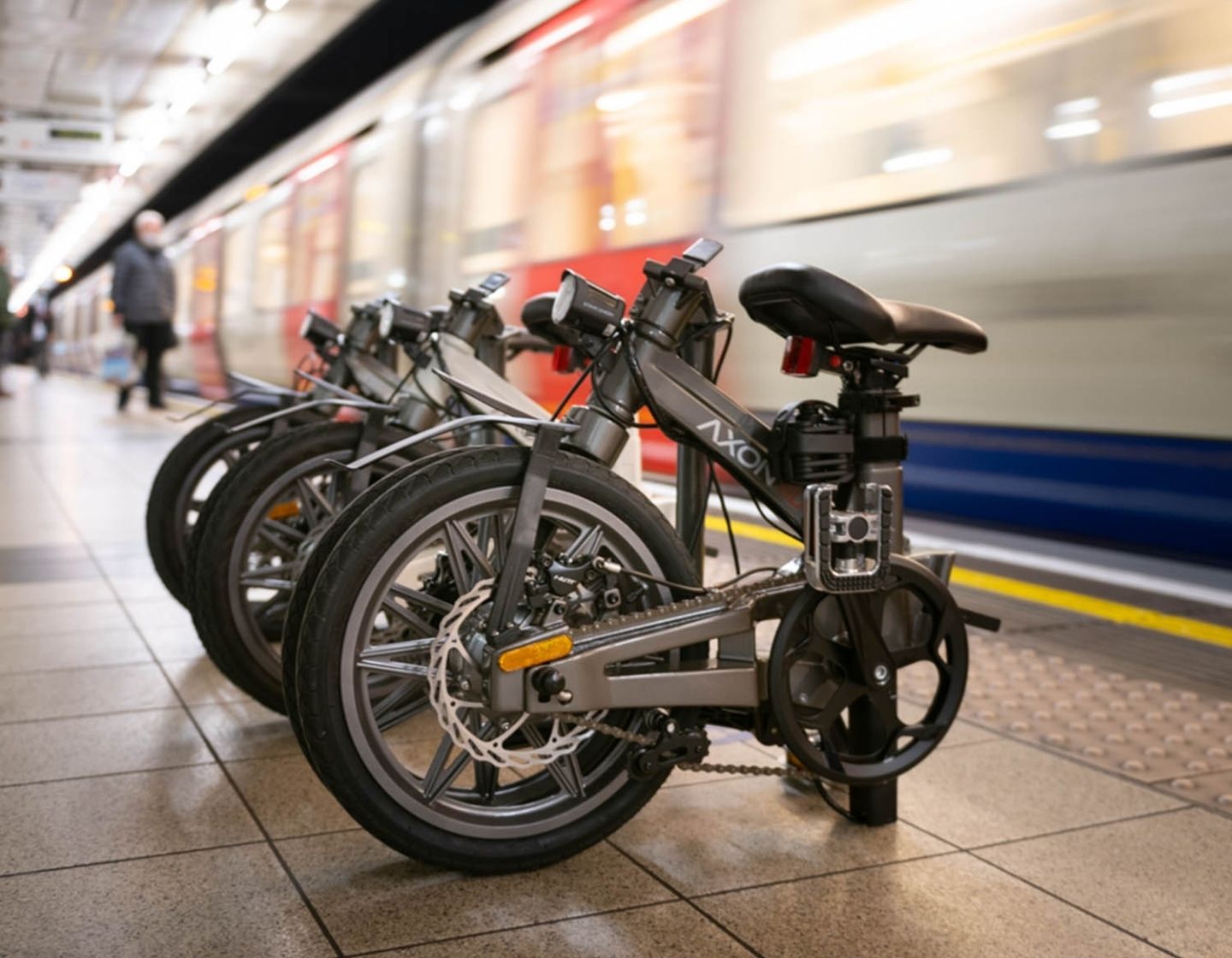What happened in the world of sustainability in March 2022?
It’s officially Spring and we’re back with our monthly sustainable news roundup. Discover what eco-friendly news occurred in March.
EU sets new rules for fast fashion
For each person in the EU, textile consumption requires nine cubic metres of water, 400 square metres of land and 391kg of raw materials. And fashion has the fourth-highest impact on the environment. The new EU initiative will ensure that every piece of clothing will be eco-friendly – made to last longer and easier to repair.
Consumers will also be given more information on how to reuse, repair and recycle their clothes. Plus, it will crack down on companies that are greenwashing: product claims of ‘green’ and ‘environmentally friendly’ will be banned if they are not supported.
Learn more about how the pandemic has made us more ethical consumers.
To put this into action, the proposals will be discussed by the Council and European Parliament.

Scientists discover a new enzyme with the potential to dissolve plastic waste
A study has been undertaken by Professor Jen DuBois from Montana State University and Professor John McGeehan from the University of Portsmouth as part of the BOTTLE Consortium, an international collaboration aiming to tackle plastic.
The two professors have engineered a natural enzyme that could break down polyethylene terephthalate (PET), one of the most common polymers in plastic packaging. Rather than leaving plastic to decompose in the oceans and landfill, this could challenge plastic pollution with biological systems.

Wind and solar power now generate 10% of total energy
According to Ember, a climate and energy think tank, 50 counties now get more than a tenth of their total power from wind and solar sources.
Sadly, the increased demand for electricity has also been met by fossil fuels, with coal-fired electricity rising by 9%, the fastest since 1985. Despite this, many economies are aiming for 100% carbon-free electricity within the next 15 years.
The latest countries to switch to wind and solar power have been the Netherlands, Australia and Vietnam. They have moved a tenth of their electricity from fossil fuels to renewable sources in the last two years.

Amazon ditches single-use plastic delivery bags
Amazon is on a sustainable journey to optimise its packaging. Firstly, Amazon will stop packing their products in single-use plastic delivery bags, in favour of recyclable paper. Not only that, it will increase the number of products that can be shipped to customers in their original manufacturer’s packaging, rather than being placed inside of an additional cardboard box.
Find out why recycling cardboard is important.
Additionally, it will use right-sized packaging to better match products, using less material and increasing the recycled content that goes into the packaging. It has already begun this change: since 2015, it has reduced the weight of outbound packaging per shipment by over 36% and eliminated over 1 million tonnes of packaging.

The UK will reward sustainable farming practices such as green fertiliser
An increase in gas prices has left food producers in the UK facing soaring costs for fertilisers, fuel and animal food which could lead to food shortages. A report highlighted that fertiliser price has increased up to 140% since the past year, with the cost of a tonne rising by £350 in the past month.
In response, the government will pay farmers in the UK to use greener fertilisers as part of the Sustainable Farming Incentive scheme. Some farmers have called for more support because they are facing the decision to scale down crop production and warn of a food crisis if prices continue to rise.

UK ministers encouraged to promote e-bikes
Campaigners are urging ministers to subsidise e-bikes like they do electric cars. This is because a study found that e-bikes could provide more than £2 billion in health benefits and cut a million tonnes of emissions each year. Promoting e-bikes could also reduce road congestion.
The study also included a poll that showed that 67% of people in the UK who might be interested in buying an e-bike are put off by the price. Of this percentage, 53% would be likely to buy one if there was a subsidy.

Stay tuned for our April roundup
We’ll be back with our April sustainable news roundup, keeping you up to date with the latest. In the meantime, join our Home Club, helping you make eco-friendly choices every day, with ease.

